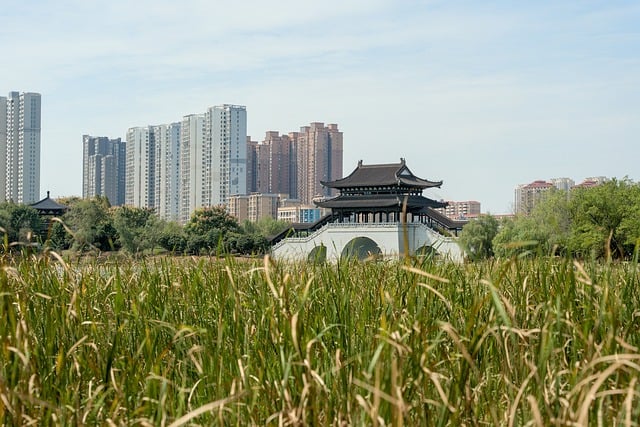Eco Community Alert: Managing Environmental Risks through Gardening and Green Initiatives
In today’s rapidly changing world, the concept of environmental risk looms larger than ever. As communities around the globe grapple with the consequences of climate change, pollution, and habitat loss, it becomes increasingly crucial for us to take a proactive stance. One highly impactful way we can combat these challenges is through gardening and green initiatives, which not only foster a closer connection to nature but also promote a sustainable lifestyle.
Gardening invites us to dig our hands into the soil and truly engage with the environment. By cultivating our green spaces, we can help mitigate some of the environmental risks we face, such as soil erosion and urban heat islands. Community gardens are flourishing in many neighborhoods, serving as valuable green oases where individuals can come together to grow food, share knowledge, and learn about the importance of biodiversity.
The act of gardening is intrinsically linked to a deeper understanding of our ecosystem. When we plant flowers, vegetables, or herbs, we are not only beautifying our surroundings, but we are also contributing to the health of local wildlife. By creating habitats for bees, butterflies, and other pollinators, we actively participate in preserving the delicate balance of nature. This small but significant action can have resounding effects on local ecosystems while also mitigating environmental risks.
Moreover, green initiatives extend far beyond community gardens. Initiatives such as tree planting drives and native plant restoration projects aim to restore ecological balance and increase community resilience against environmental risks. Trees play a critical role in our environment by absorbing carbon dioxide, providing shade, and even improving air quality. By engaging in these activities, community members not only contribute to the greater good but also instill a sense of belonging and shared responsibility.
In addition to enhancing our natural surroundings, gardening and other green initiatives also provide an avenue for education. Workshops and community events centered around sustainability practices can empower individuals to make informed decisions about their resource consumption. From composting to water conservation, these knowledge-sharing opportunities help us all understand how our actions impact the environment.
As we become more aware of the pressing environmental risks we face, it is essential to engage our communities in meaningful conversations. Bringing together individuals from diverse backgrounds can foster collaboration and a collective commitment to protecting our planet. Social media platforms can amplify awareness of local green initiatives while encouraging participation from those who may not have yet discovered their passion for gardening or sustainability.
Additionally, integrating eco-friendly practices into local businesses can further enhance community efforts to manage environmental risks. Restaurants sourcing food from community gardens, for instance, not only support local growers but also reduce the carbon footprint associated with transporting goods. This synergy between local businesses and green initiatives reinforces a sustainable economy while serving the health of our planet.
As we navigate the complexities posed by environmental risks, it is vital to remind ourselves of the simple joys derived from nurturing the earth. Whether participating in a community gardening project or advocating for greener policies, each action we take has the potential to create lasting change. Together, we can cultivate not only beautiful green spaces but also a sense of community rooted in environmental stewardship.




